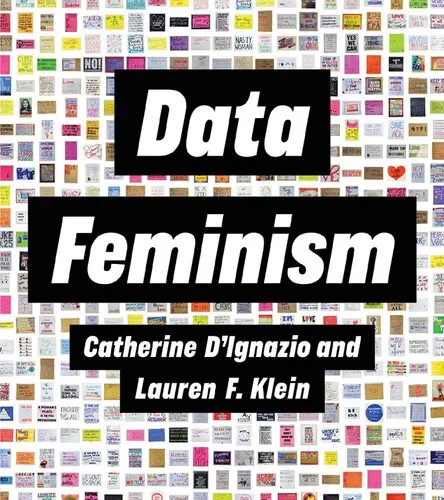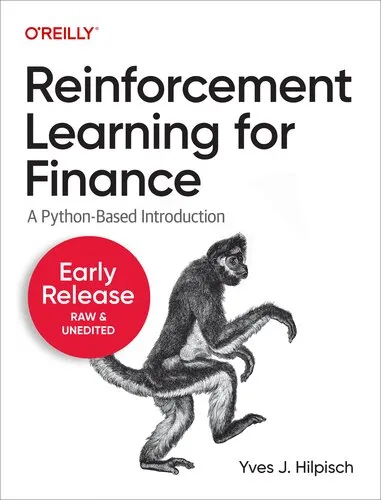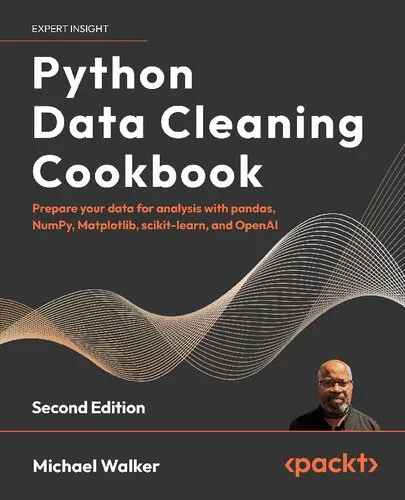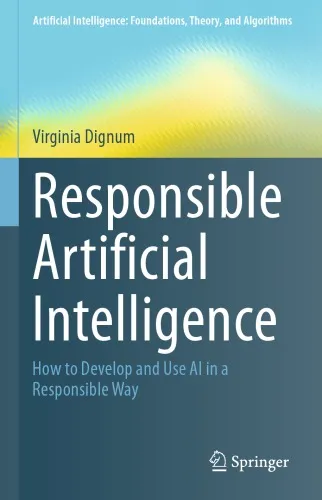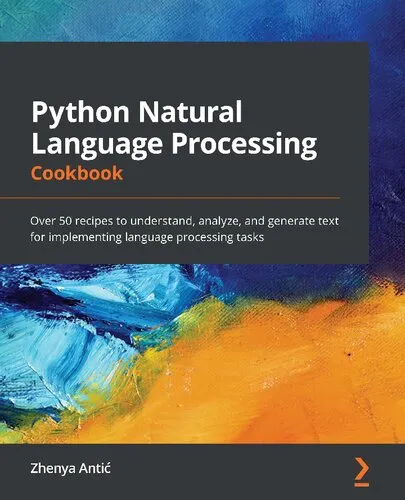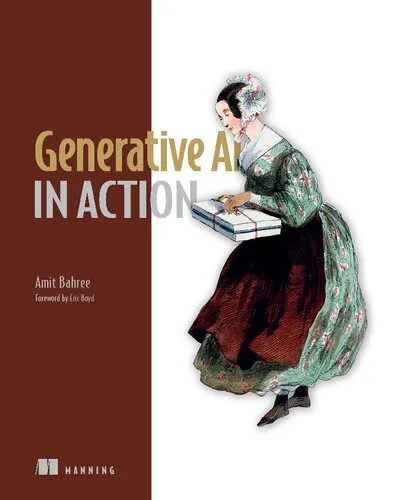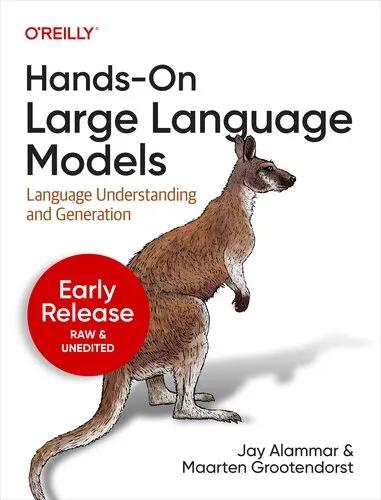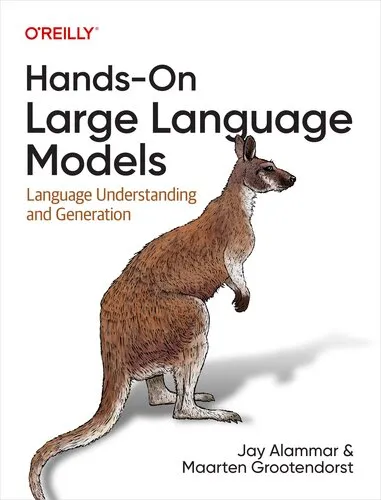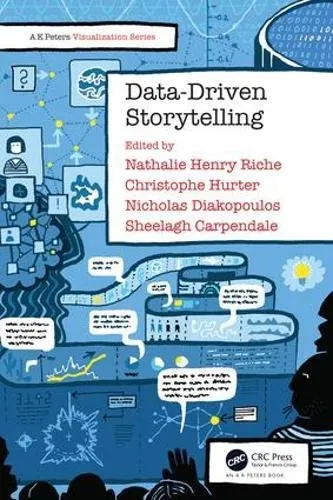Data Feminism
4.5
Reviews from our users

You Can Ask your questions from this book's AI after Login
Each download or ask from book AI costs 2 points. To earn more free points, please visit the Points Guide Page and complete some valuable actions.Related Refrences:
Introduction to "Data Feminism"
"Data Feminism," authored by Catherine D'Ignazio and Lauren F. Klein, is a groundbreaking book that challenges conventional notions of data-driven decision-making. It intersects the fields of data science, gender studies, and social justice, providing an innovative framework for rethinking how we produce, collect, and use data in a way that prioritizes equity. The book leverages the principles of intersectional feminism to critique power structures embedded in data processes while offering actionable strategies to foster a more inclusive, ethical, and just world.
Detailed Summary of the Book
"Data Feminism" begins by unpacking the various ways data has been historically used to reinforce systemic inequalities, whether through biased algorithms, incomplete datasets, or exclusionary practices in data collection. The book takes inspiration from feminist theories, particularly the concept of "intersectionality," as conceived by scholar Kimberlé Crenshaw, to examine how multiple systems of oppression—such as race, gender, class, and ability—interact and manifest in data practices.
The authors outline seven principles of data feminism and weave them throughout real-world examples, case studies, and personal stories to demonstrate how power operates within data. These principles include examining power, challenging unequal structures, elevating the perspectives of those marginalized, and making data more transparent and accessible. By doing so, D'Ignazio and Klein make a compelling case for transforming how we think about and handle data to create more equitable outcomes.
Far from being a book solely for academic audiences or data scientists, "Data Feminism" speaks to activists, policymakers, designers, and anyone interested in the ways data can be wielded as a tool for systemic change. The authors pair their critique of existing power imbalances with actionable strategies that anyone can adopt to promote fairness and accountability in data science and analysis.
Key Takeaways
- Data is not neutral: All data is shaped by the context in which it is created, reflecting the biases and power dynamics of its creators.
- Intersectionality matters: Borrowing from intersectional feminism, the book emphasizes the importance of recognizing how data interacts with multiple systems of oppression.
- Power must be made visible: The authors urge readers to actively examine and challenge power dynamics embedded within data collection, analysis, and visualization.
- Challenge structural inequalities: The book demonstrates how existing systems of oppression can be perpetuated through biased data and algorithms.
- Actionable principles: The seven principles of data feminism serve as a guiding framework for making data science more equitable and inclusive.
Famous Quotes from the Book
"When power goes unexamined and unchallenged, inequality flourishes—and so do the tools and technologies that encode this inequality in new ways."
"The work of data feminism is to unmask how power operates and to envision new ways of being, knowing, and doing in the world."
"Counting is never a neutral act. What counts—and who counts—depends on who is doing the counting."
Why This Book Matters
In an era where data is being increasingly used to make decisions that affect people’s lives, the importance of "Data Feminism" cannot be overstated. At its core, the book is a call to action, urging readers to question the so-called objectivity of data and to recognize the social, political, and cultural forces that influence it. Through its groundbreaking approach, the book offers a much-needed critique of traditional data practices, which have often ignored or silenced marginalized voices.
Moreover, "Data Feminism" equips individuals with the tools to rethink and reshape data science for the greater good. It provides a lens through which technologists, activists, and policymakers can engage with data more critically and ethically. By emphasizing intersectionality, power dynamics, and community-centered approaches, the book transcends theoretical discussion and becomes a practical guide for meaningful change.
By bridging the gap between feminism and data science, "Data Feminism" represents a significant contribution to both fields. It pushes for a reimagination of data practices and calls for an urgent shift in how we approach the collection, analysis, and sharing of data to ensure fairness, inclusivity, and justice.
Free Direct Download
You Can Download this book after Login
Accessing books through legal platforms and public libraries not only supports the rights of authors and publishers but also contributes to the sustainability of reading culture. Before downloading, please take a moment to consider these options.
Find this book on other platforms:
WorldCat helps you find books in libraries worldwide.
See ratings, reviews, and discussions on Goodreads.
Find and buy rare or used books on AbeBooks.
1388
بازدید4.5
امتیاز0
نظر98%
رضایتReviews:
4.5
Based on 0 users review
Questions & Answers
Ask questions about this book or help others by answering
No questions yet. Be the first to ask!
